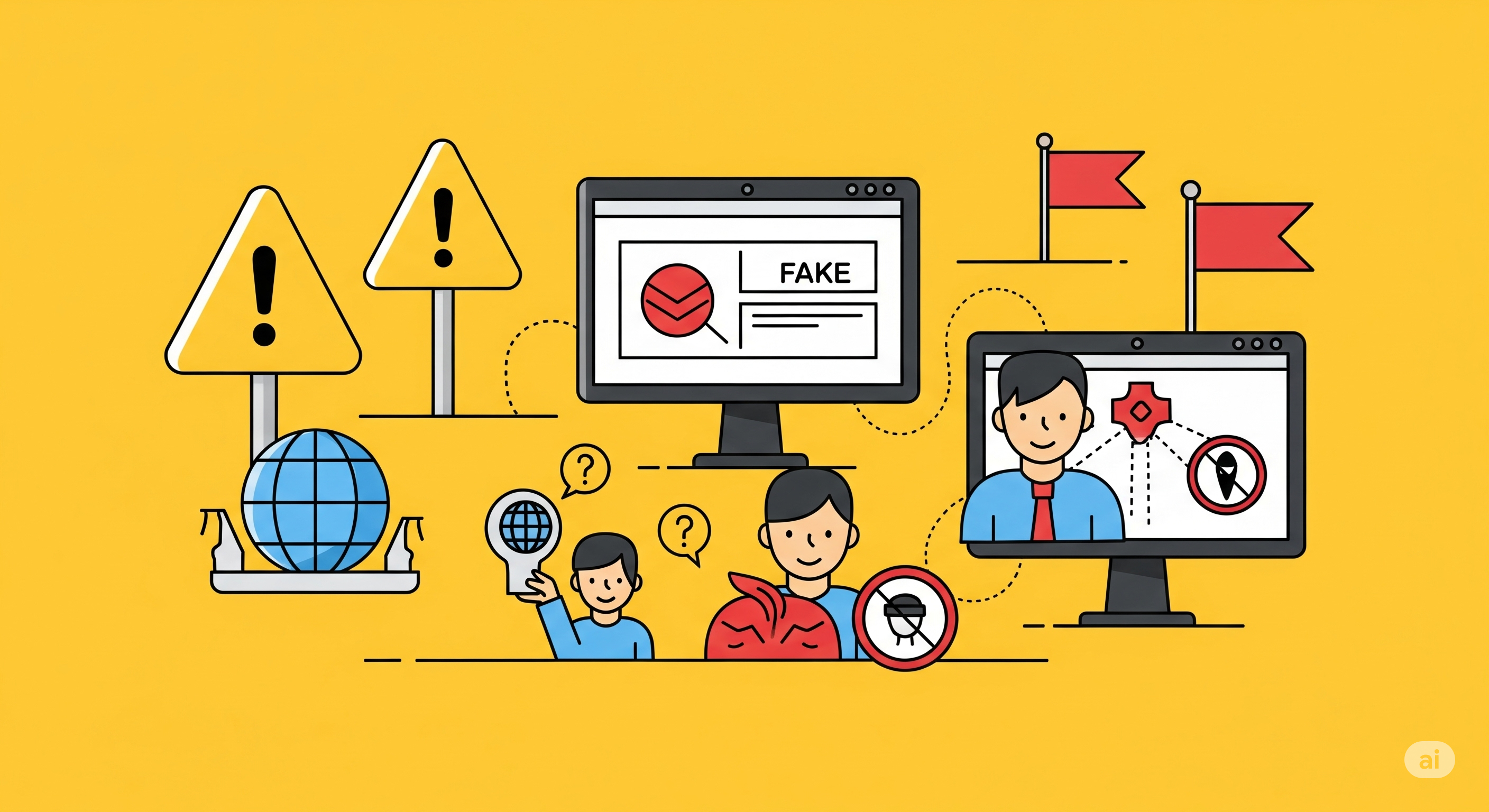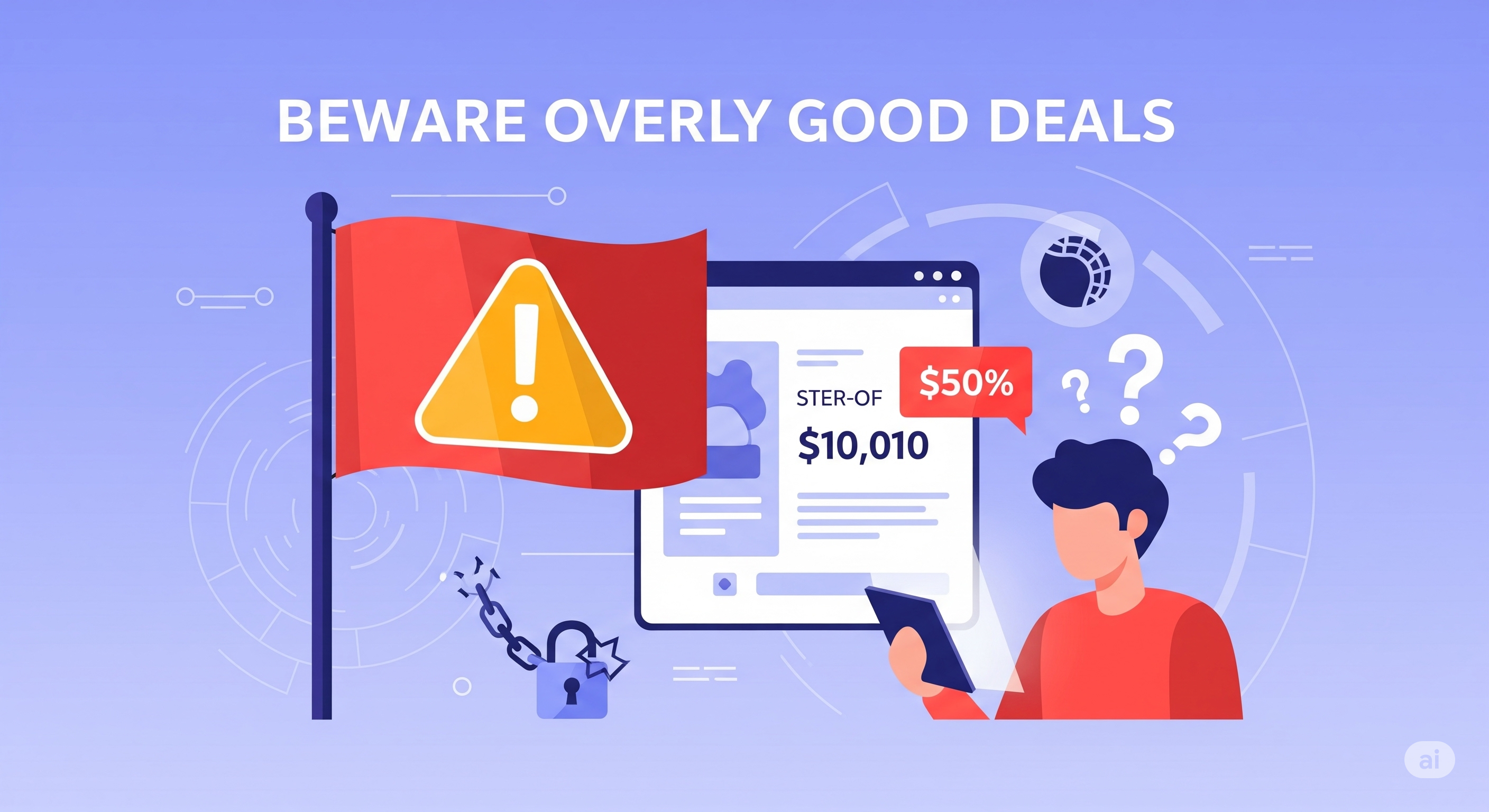Tips & Support
Beware Overly Good Deals
Beware Overly Good Deals
By Admin
Related Topics

How Environment Shapes Choices
Have you ever wondered why you purchase stuff you don t need or fell for deals that seem too good......
Read More

Spotting Influencer Scams
Scams using influencers are one of the most common hazards to those who shop online nbsp As more and more......
Read More

Uncovering T and C Scams
When we see extensive convoluted Terms amp Conditions T amp Cs most of us just click I agree without thinking......
Read More

Identify Social Media Bots
We use social media for a lot of things every day such reading reviews of products following the news talking......
Read More

How Environment Shapes Choices
Have you ever wondered why you purchase stuff you don t need or fell for deals that seem too good......
Read More
Spotting Influencer Scams
Scams using influencers are one of the most common hazards to those who shop online nbsp As more and more......
Read More
Uncovering T and C Scams
When we see extensive convoluted Terms amp Conditions T amp Cs most of us just click I agree without thinking......
Read More
Identify Social Media Bots
We use social media for a lot of things every day such reading reviews of products following the news talking......
Read More


